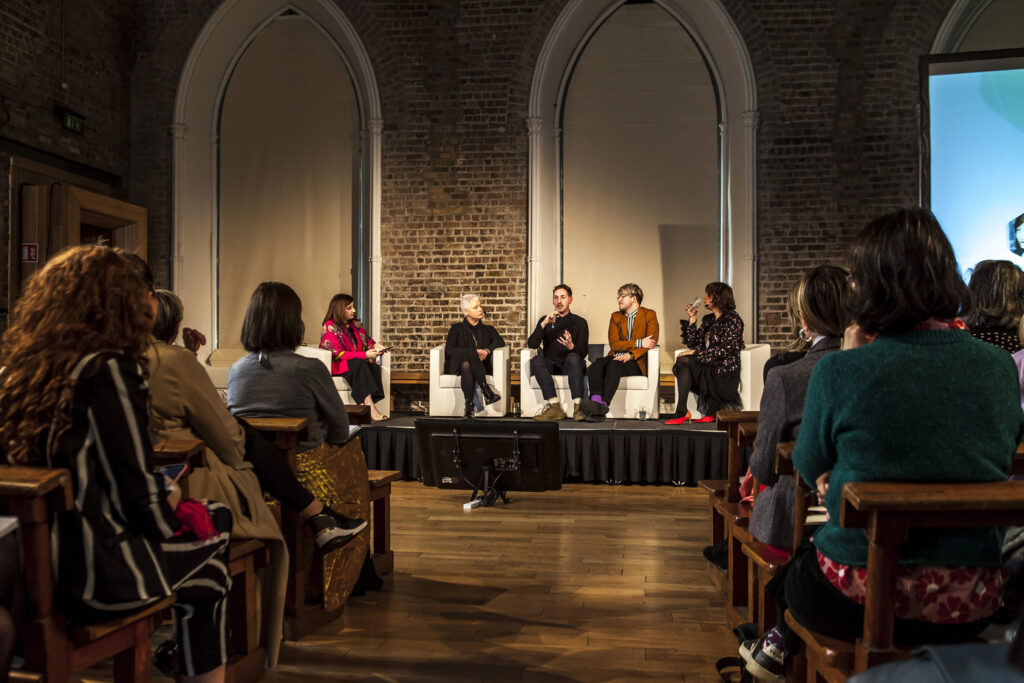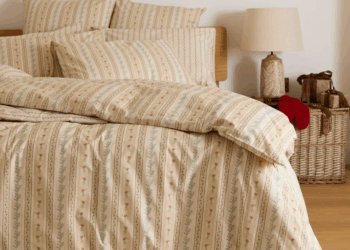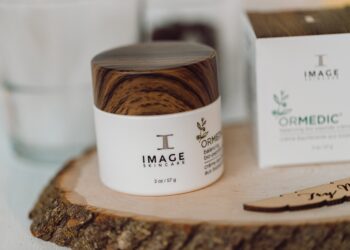Experts in food, beauty and design shared invaluable insights into what it takes for businesses making products on Irish soil to thrive
The Irish Made Summit is an incubator for thought-provoking conversations between industry professionals, and everyone in attendance at this year’s event at Smock Alley Theatre this March will vouch for what an inspiring day it was. With panels on funding, branding and more, it was an engaging day full of essential advice from people who have battled through the challenges of starting an #Irishmade business.

Here are some of the top lessons from the day:
1. You need more than just passion to survive.
Anyone who dreams up their own product has passion — it takes conscientiousness to get a viable business across the line. Jennifer Rock, known as The Skin Nerd, says that, “passion alone can’t get funding, you need to know your business inside and out.” Jennifer learned the hard way that a great product isn’t enough. She shared the story of how when she first launched her Cleanse Off Mitt, a really effective make up removal tool, she ordered boxes and boxes of products, without having a concrete plan for how to distribute them. Soon, she had her attic (and the attics of her family and friends) were full of unsold boxes of mitts, and Jennifer had to rethink her next step. “A great product alone isn’t enough. You need to plan ahead, spend funding wisely and know how you’ll distribute.”
2. You can’t put your head in the sand if it all goes wrong.
Deirdre Parkinson from Microfinance Ireland explained that a business plan shouldn’t just be about convincing potential investors of how your business is going to succeed. “A well-thought out business plan is so important. You need to also have a clear plan of what you will do if things don’t go your way. And for that, you really need to understand your finances.”
3. You need to prove that you can sell your product.
Your product could be absolutely brilliant, you could have a flawless business plan, but without a market who are actually going to hand over the cash for it, you’re going nowhere, Oisin Geoghegan of Local Enterprise Office (LEO) explains. “You need to prove that there are customers out there willing to buy your product. You need to have sales in the bag,” Oisin says.
4. Your accounts need to be flawless from the start.
You may think the paperwork can wait, or that you can get buy using your personal account until you have a chance to sort your business one. But cutting corners like this will come across as unprofessional, and that matters when you’re looking for people to provide you with funding. “You need to demonstrate that you are managing your affairs well. Investors need to have confidence that you can manage your business,” Oisin says.
5. You, and you alone, need to be conscientious about every aspect of the business.
You may like to think of yourself as the brains or the creativity behind your business. That is true, but if this is your business then you need to force yourself to stay up-to-date and on top of all aspects of it. It’s the responsibility that comes with the joy of having your dream of owning a business come true, Jennifer Rock explains. “You need to be aware of everything that is going on in your business, especially the bits that you dread doing. People think I am mad that I have a weekly appointment with myself in my diary, but it means I stay on top of everything,” Jennifer says. “I wake up at 6.30am and so all the things I dread the most like signing contracts and checking emails. It’s about being accountable to yourself.”
6. Remember that every happy customer can play a part in your brand’s reputation.
Bronagh Conlon of Listoke Distillery explains that through their gin school, customers get to not only taste their gin, but they get to learn about the process and learn how to introduce their favourite flavours to make their own custom gin. “This experience goes down so well, and it means that every visitor becomes a brand ambassador, as they’re engaging with the product, learning about it and sharing all that they know,” she says.
7. You don’t need to spend money to share your story.
We’ve been conditioned to think that you need to spend big in order to attract people to your brand’s online channels. But Patrick Hanlon and Russell Alford of GastroGays blog believe that it is about the quality of what you put out there that gets eyes on your page. “We have never put money behind search engine optimisation (SEO). Great content speaks. If it is SEO’d properly, it will rank in a Google search,” Patrick says. There are lots of free tools you can use to draw customers in to your content, Russell explains. “Instagram Stories is like an elevator pitch in 15 seconds. It is what people are watching now,” he says. “Professional editing apps are freely available and they’re really quite good. Instagram and Twitter can be your online shopface so make sure it is appealing.”
8. But if you’re struggling to gain traction, a PR agency can help create an effective strategy.
Lots of Irish small and medium businesses take a DIY approach when it comes to spreading the word about their product, which works for some and not others. If you need help in this area, investing in a strategy from a PR agency can be of great value, Emma Kelly of Elevate PR explains. “A PR agency will help you figure out your media toolkit and your press list, and the tools you can use to get coverage. The media landscape is changing, the number of outlets is shrinking, so it helps to have someone who knows what’s going on,” she says. It’s also useful for avoiding expensive mistakes. “Money can be wasted on shoots for example, a lifestyle shoot can look amazing but they are really expensive to produce, whereas for a product a lot of the time you only need cut-outs to send to media.”
9. Bigger isn’t necessarily better when it comes to influencer power.
We all know the heavy hitters when it comes to influencers, but don’t underestimate the impact a micro-influencer can have. If an account with a smaller but loyal following genuinely vouches for your product, it can be a more beneficial endorsement of your product rather than trying to get attention on the crowded feed of a larger influencer. You can also save yourself money by working out a mutually beneficial deal with a micro-influencer, than forking out a lot of money on fees to a big name influencer for #AD or #spon content. “We see the overload of affiliate links all the time. As a brand, think about who aligns with what you are doing. People think they need to go to the highest level influencer, but you don’t. Organic content sings, so think about authenticity,” Russell of GastroGays says.
10. Make sure your message is absolutely clear.
Our Pitch Perfect competition saw seven Irish businesses brave our tough judging panel, in the hopes of securing a €10,000 prize for their brand. The judges’ feedback proved invaluable to these brands, and one topic that came up again and again is that you need to share your story effectively at every opportunity. The labelling and packaging of your product needs to be clear, legible, and sell your product accurately. If your brand has a unique story to tell, then it can be helpful to include a card or extra label with the product to share it with each and every person who picks it up. If you have made the commitment to making a product that is #Irishmade, shout about it!








